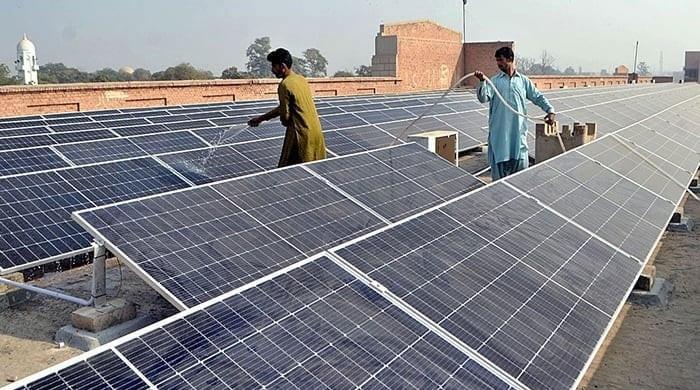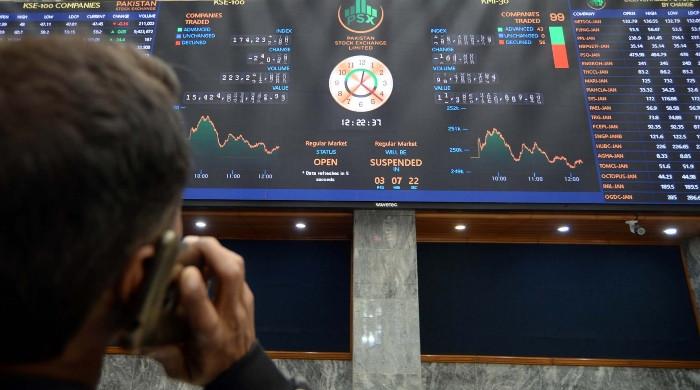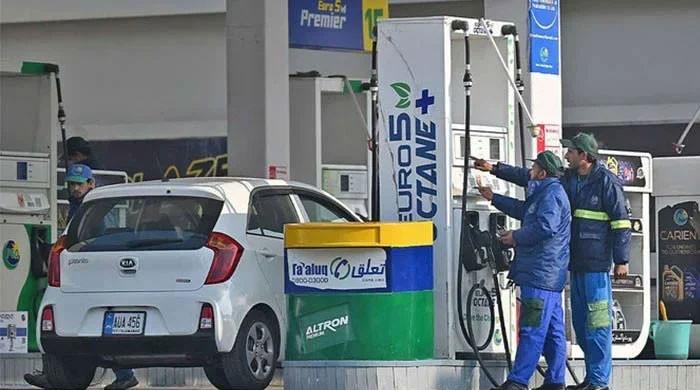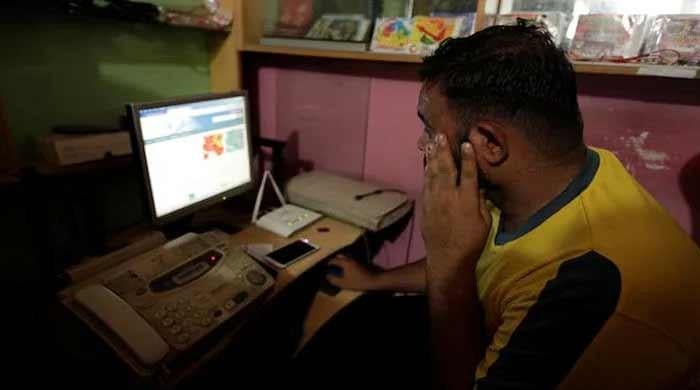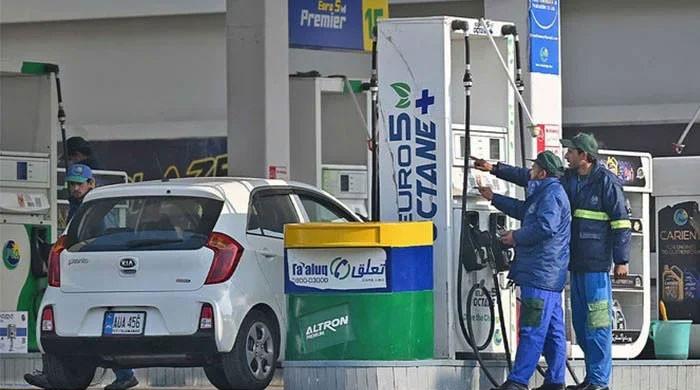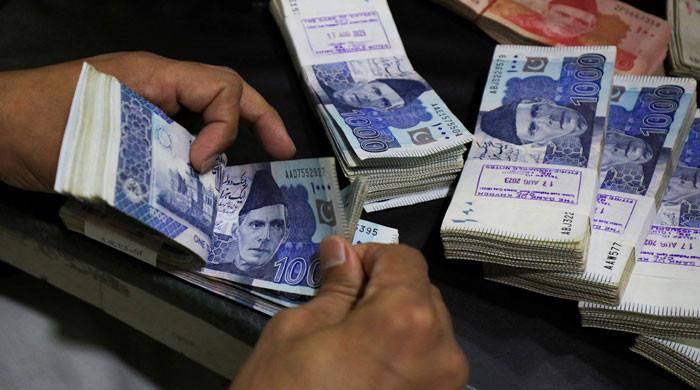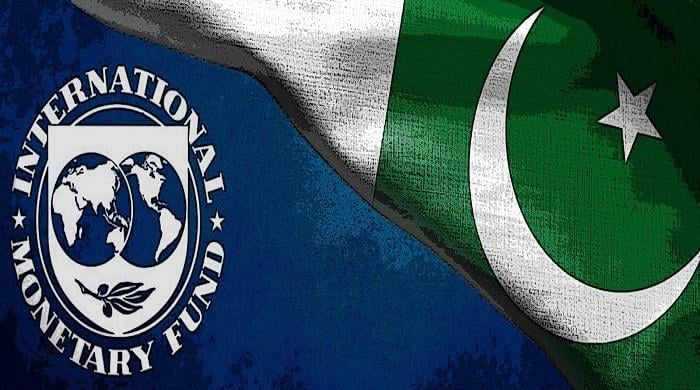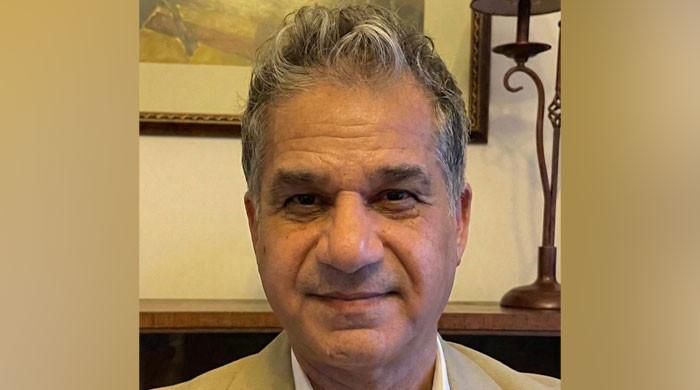IMF seeks Pakistan’s credible assurance on external financing for loan revival
External financing one of last in string of prior actions IMF wants Islamabad to complete before it clears stalled funding
March 06, 2023
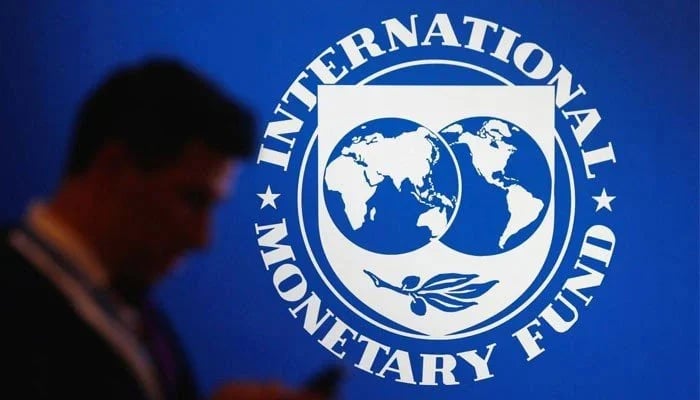
- All IMF programme reviews require firm, credible assurances.
- Pakistan no exception, says IMF's resident representative.
- Assurances must for revival of bailout programme.
International Monetary Fund’s (IMF) resident representative Monday warned that Pakistan faces the daunting task of providing credible assurances that its balance of payment deficit was financed for the remainder of the multilateral lender’s loan programme term.
The external financing is one of the last in a string of prior actions the lender wants Islamabad to complete before it clears funding stalled since late last year, Esther Perez Ruiz told Reuters in an e-mailed response on Monday.
Pakistan hopes to sign a staff-level agreement with the IMF after over a month of negotiations to settle policy framework issues aimed at curtailing the fiscal deficit ahead of the annual budget around June.
The country has completed almost all of the prior actions except for the external financing requirement the IMF wanted it to for clearing $1.1 billion in disbursements under the $6.5 billion Extended Fund Facility agreed upon in 2019. The programme ends in June.
"All IMF programme reviews require firm and credible assurances that there is sufficient financing to ensure that the borrowing member's balance of payments is fully financed ... over the remainder of the programme. Pakistan is no exception," IMF's Ruiz said.
Finance Minister Ishaq Dar said last week that the external financing assurance was not one of the IMF's conditions for clearance of the funding.
He said Pakistan needed $5 billion in external financing for the balance of payments deficit in the fiscal year ending June 30, adding the IMF believed it should be $7 billion.
Longtime ally China is the only country that has so far committed a refinancing of $2 billion. Out of that $1.2 billion has already been credited to Pakistan's central bank.
Damaging for Pakistan
Ruiz said that the difference in foreign exchange rates between the open and informal markets has been very damaging for Pakistan, resulting in shortages of foreign exchange and consequently imported goods.
"The exchange rate has moved significantly in recent days, which has narrowed the informal FX market premium bringing the rates closer together in a similar way to that seen around January 26. This should result from the unconstrained operation of the foreign exchange rate market," she added.
On Jan. 25, foreign exchange companies removed a cap on the currency, saying it caused "artificial" distortions for an economy in desperate need of IMF help. As a result, the rupee is down more than 15% since the cap was lifted.
Ruiz added that a permanent power surcharge on consumers was also among measures planned by Pakistani authorities to address energy sector debt.
"The power sector CD [circular debt] flow for FY23 is expected to largely overshoot expectations under the EFF-supported program by a sizable margin due to a significant under-collection from delays in regular tariff adjustments, declining recovery rates, and unbudgeted subsidies," she said.
Ruiz added that preventing further CD arrears was vital to ensure the viability of the energy sector and enhance energy provision.
Meanwhile, Pakistan is seeking confirmation from Saudi Arabia to secure additional deposits of $2 billion and a $950 million loan from the World Bank and Asian Infrastructure Investment Bank (AIIB) for the signing of a Staff-Level Agreement (SLA) with the International Monetary Fund (IMF) within the coming week, reported The News.
“We are hopeful,” a government official dealing with the IMF replied when asked about the development.
The linked $950 million loan of the World Bank’s Resilient Institution for Sustainable Economy (RISE-II) and AIIB will be approved only if Pakistan secures the IMF bailout.
Another official assured that Pakistan was expecting to strike the SLA with IMF in the next few days, however, the Fund was reluctant to give any time frame for finalising the agreement.
China had already re-financed two commercial loans of $1.2 billion in two instalments, $700 million and $500 million. Now two more instalments of $500 million and $300 million would be re-financed by Chinese commercial banks in the coming days.
Pakistan is facing difficulty in its talks with IMF due to the increased hostility between China and the United States as they have to secure the SLA in a delicate balancing act to steer the economy and diplomacy in such a way that suits Islamabad’s larger interest.




